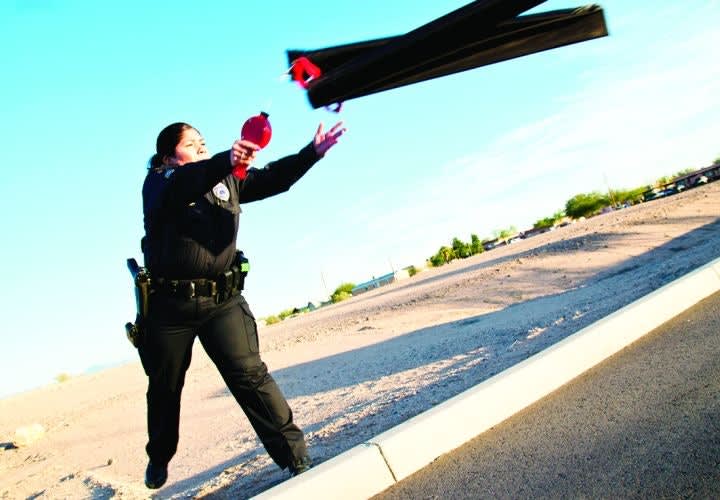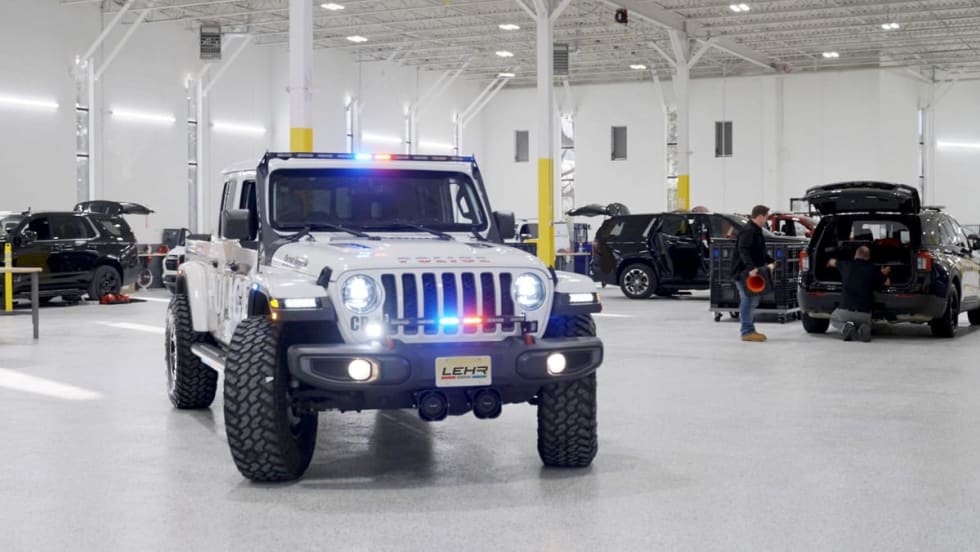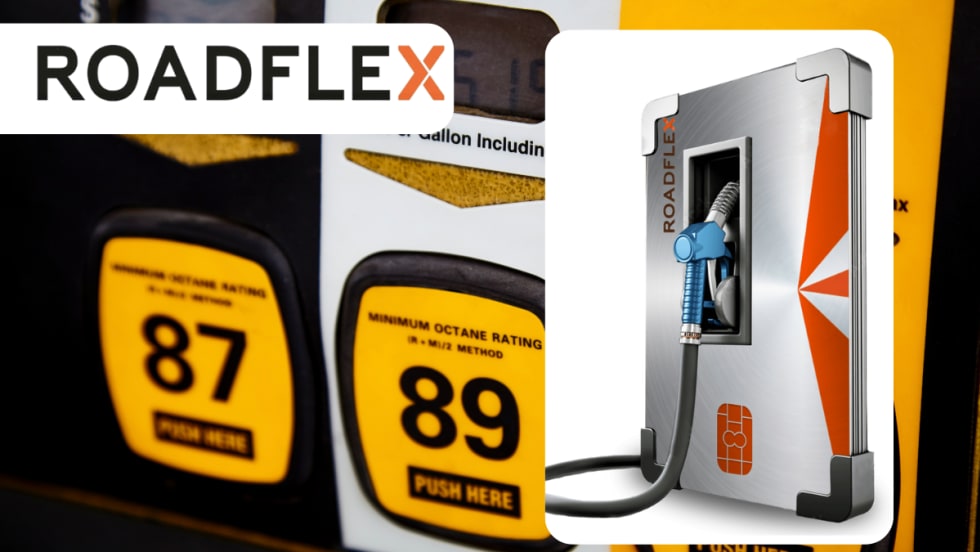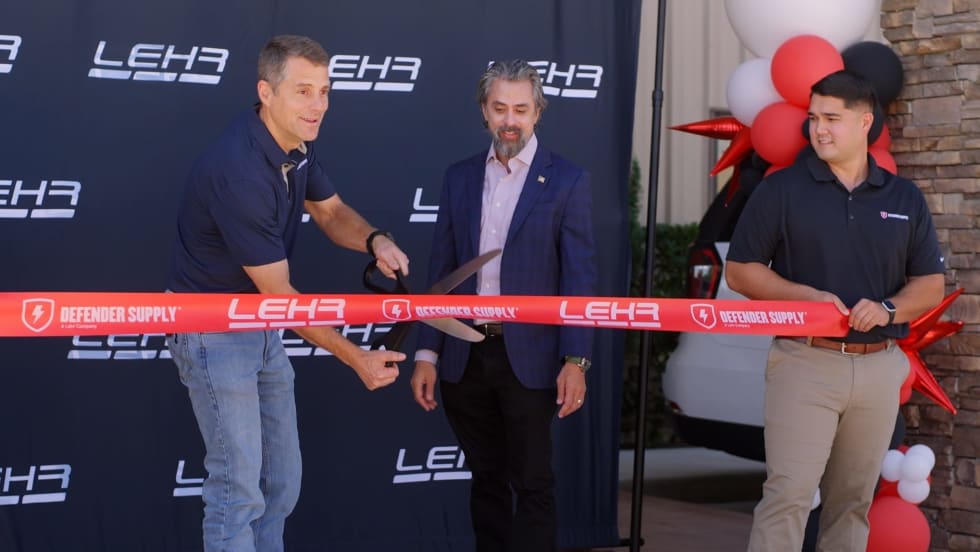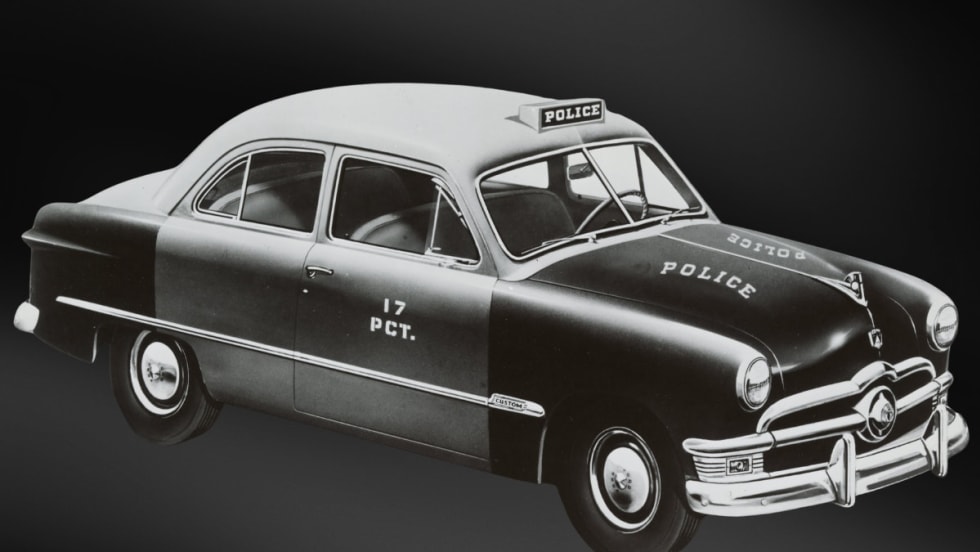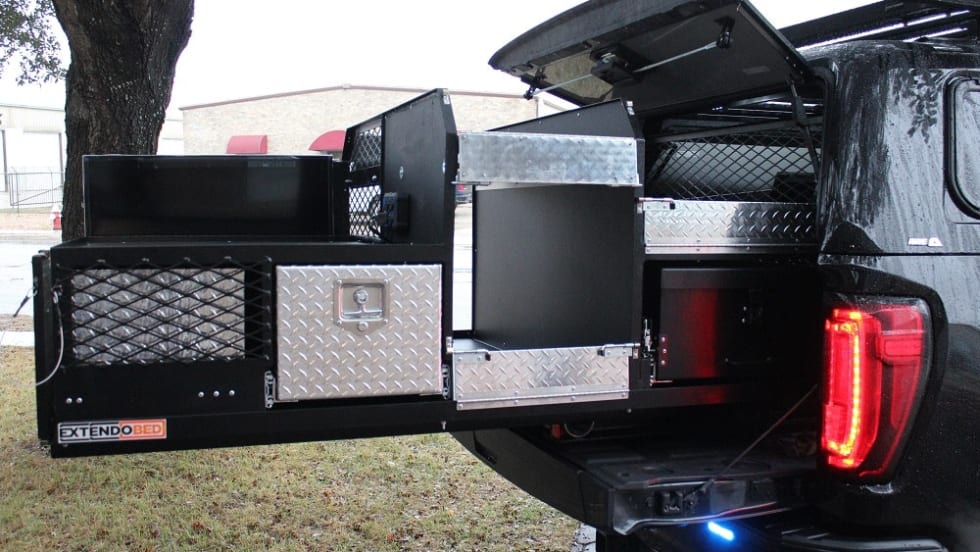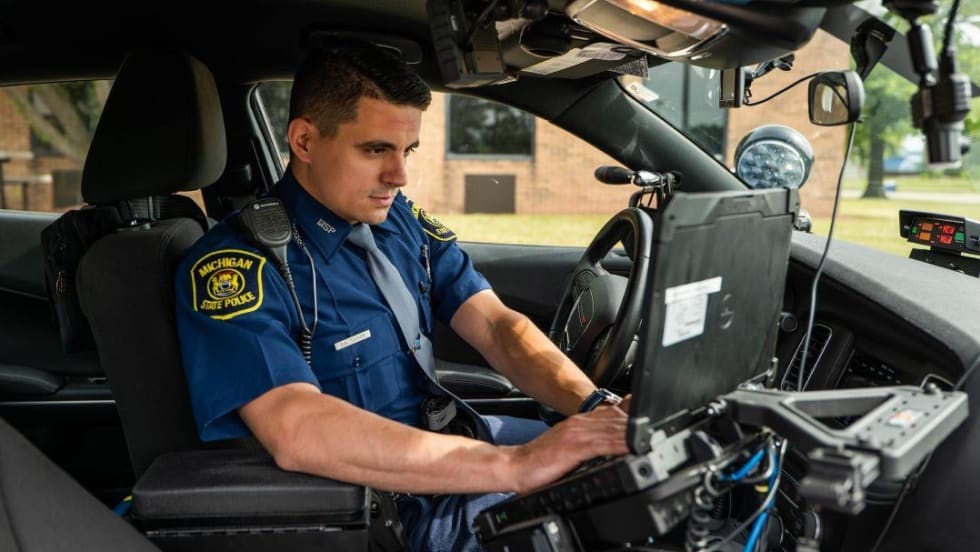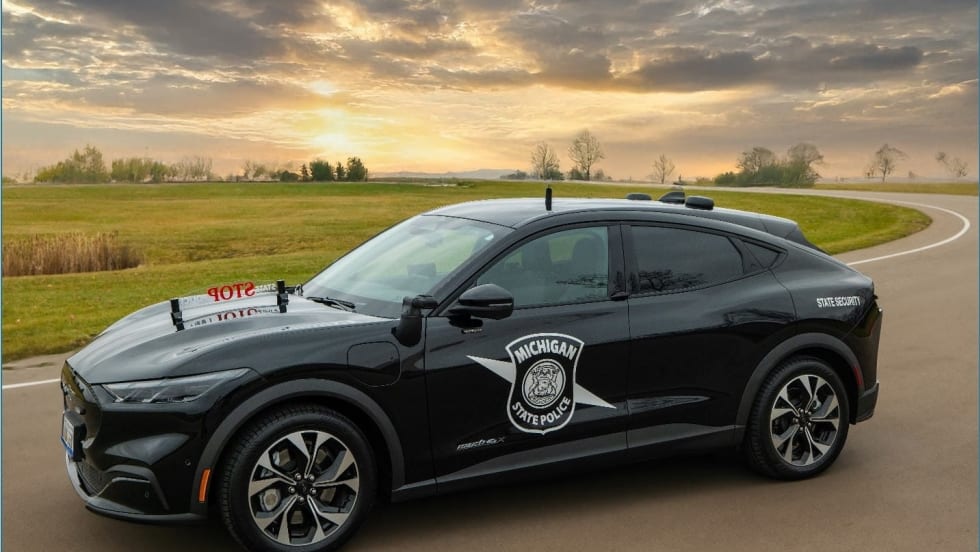One pursuit intervention technique that is hardly ever used anymore is the stationary roadblock. Once a staple of American law enforcement and commonly shown on old television shows, the stationary roadblock went out of fashion when the U.S. Supreme Court (Brower v. County of Inyo) deemed compulsive roadblocks akin to seizures, leading departments to essentially abandon them.
Today rolling roadblocks—deploying a minimum of three police cars to box in the suspect vehicle—are more common but not advised. This intervention technique necessarily places several officers in harm's way, so it's not condoned by most police departments.
A far safer method is the coercive roadblock. By positioning units to block exits and side streets, the suspect can be directed toward an area where the P.I.T. maneuver or spike strip can be safely deployed, minimizing harm to officers, bystanders, and the suspect.
A Safer Future
There are a wide variety of new technologies being developed that could safely end police pursuits or make them much shorter.
General Motors cars feature the OnStar system for vehicle emergencies, directions, and even concierge service. OnStar can also stop a GM car under order of law enforcement. This system is now being installed in a wide variety of GM vehicles.
Another approach to ending law enforcement car chases is now in development by StarChase LLC. The StarChase system consists of a patrol car mounted launcher and a GPS tracking device. When the patrol car needs to mark a suspect vehicle, it drives up close and fires the tracker, which sticks to the car bumper. The system can then be used to surveil the car and follow it safely until it parks and the suspect can be apprehended.
Inventors are also looking at ways to make pursuit intervention devices safer. At the recent International Association of Chiefs of Police (IACP) Show in Chicago, Pacific Scientific showed its new Pit-Bul portable vehicle arresting device. The Pit-Bull looks like a speed bump, but it's actually a remote-fired net that captures the rear tire of a pursued vehicle. The company is also planning on releasing a remote triggered spike strip called The Viper. Both of these devices will not affect traffic unless triggered, so officers won't have to run out and toss them into the path of a speeding suspect car.
Another company called PurTech LLC was recently started by Len Bettendorf, an Arizona police officer. He's developed the PT1100, a contraption that attaches to the front of a patrol car and deploys up to three stop sticks with the touch of a button, without the officer ever having to leave the car. They can even be deployed while the patrol car is in motion. The PT1100 is currently in production.
Related:
Duty Dangers: Vehicle Pursuits



